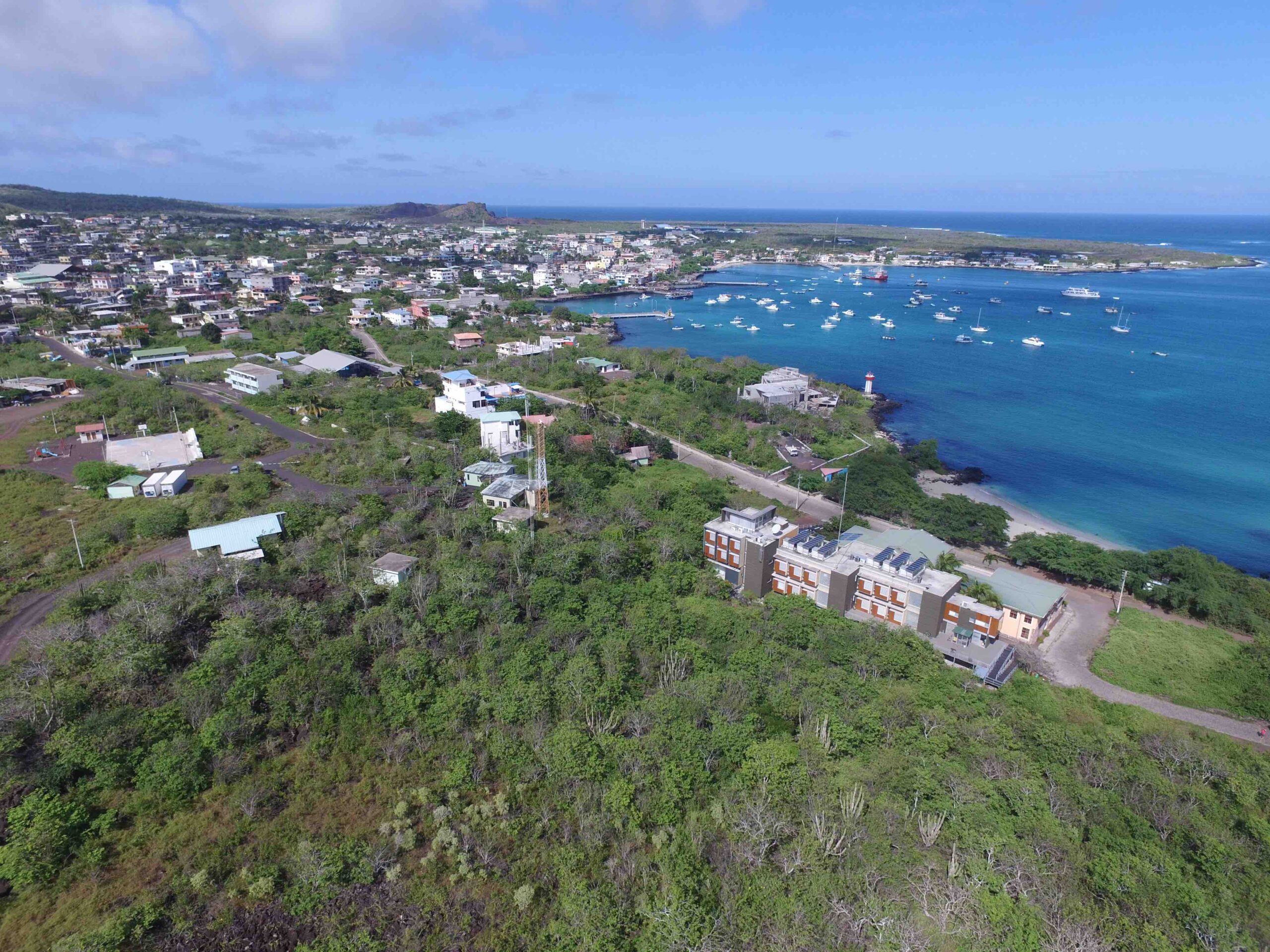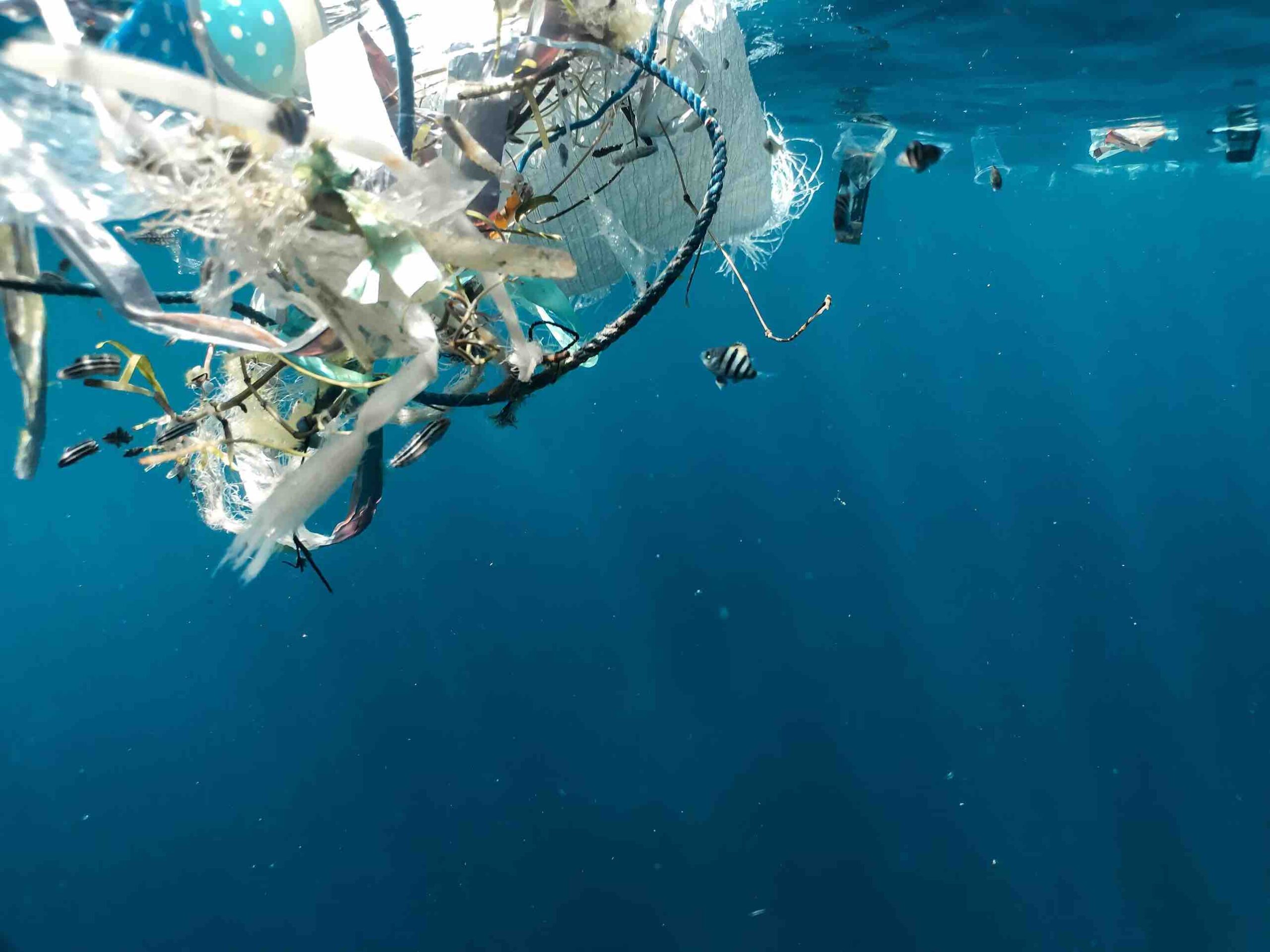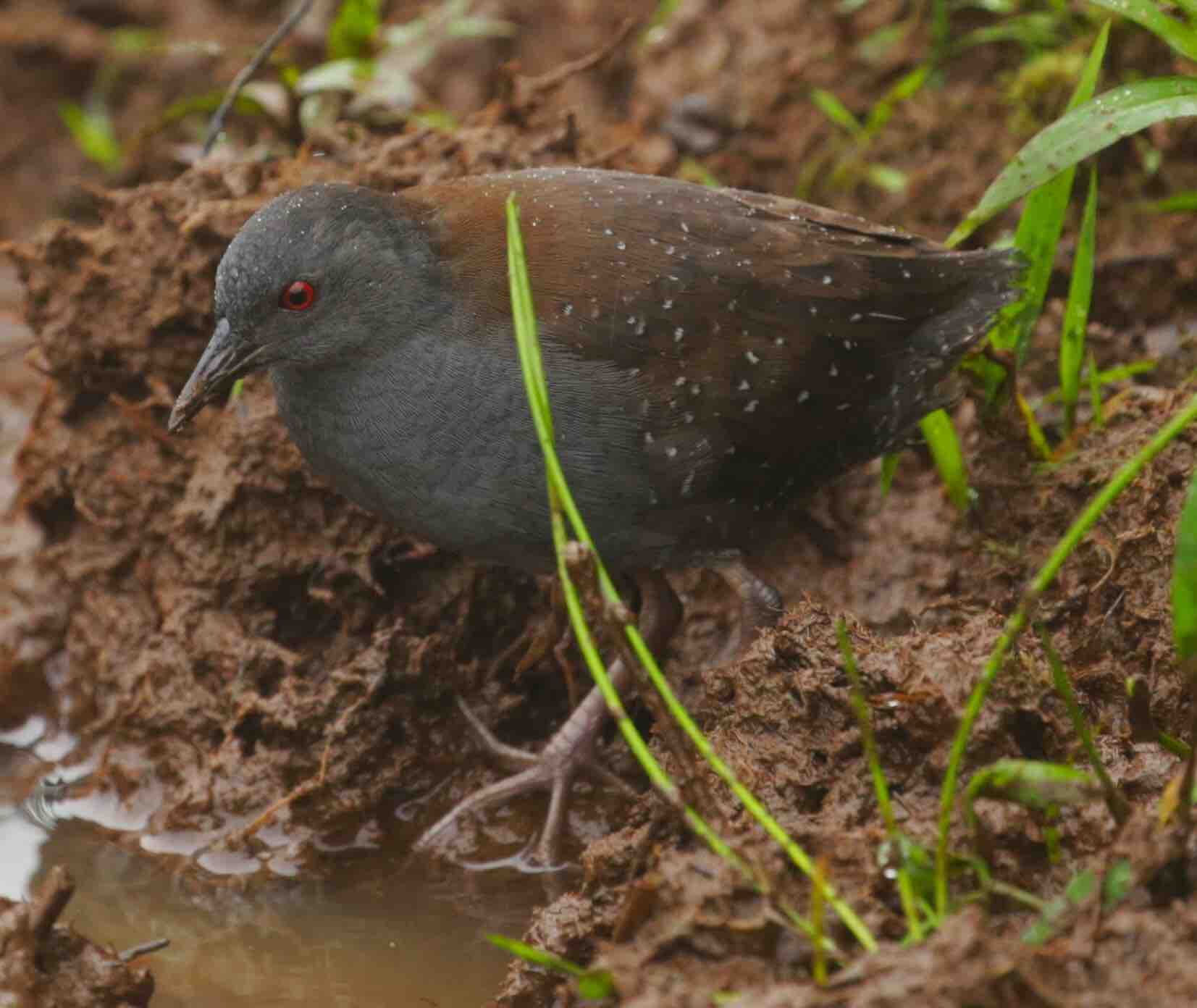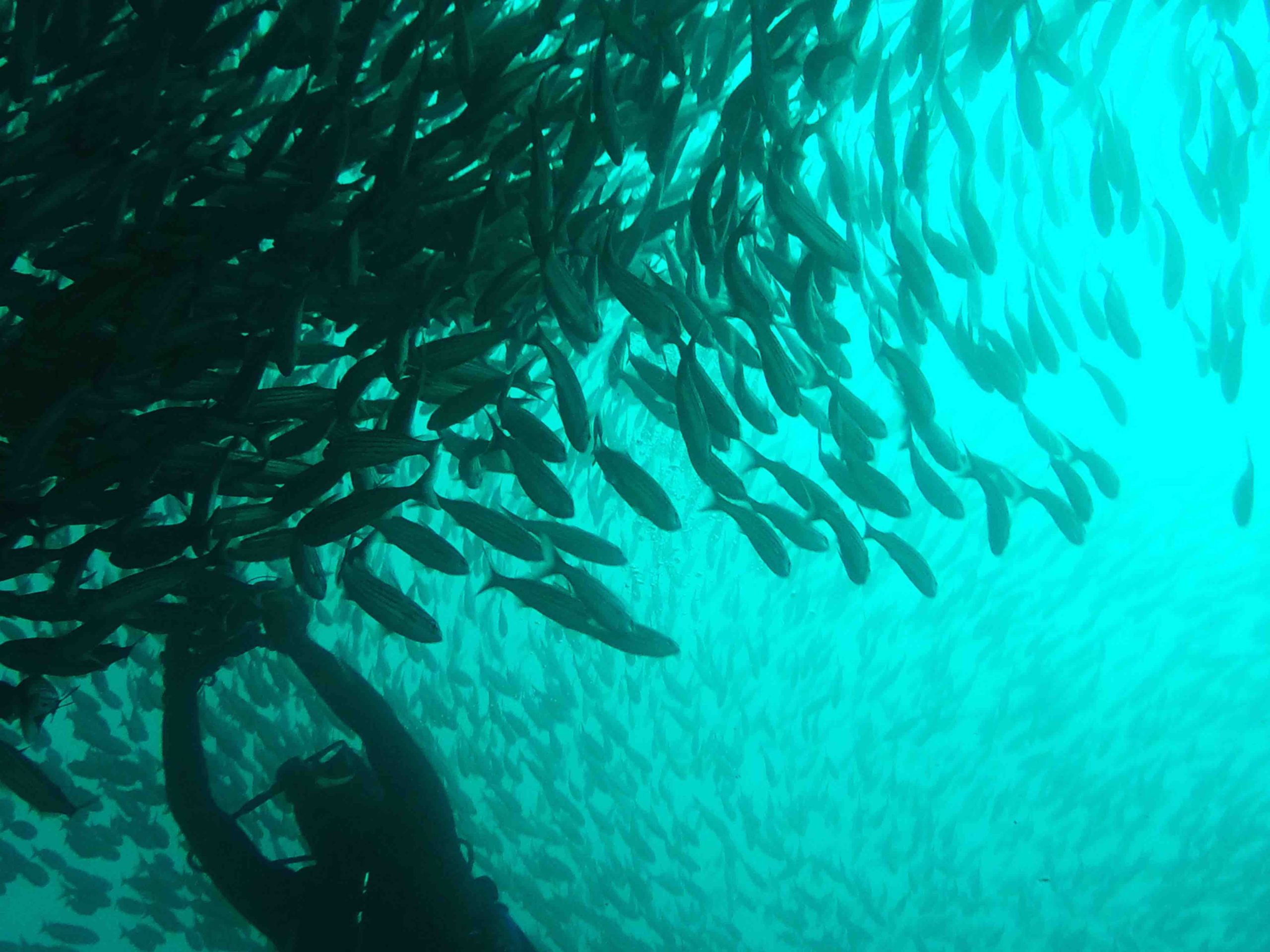PUBLICATIONS

Taxonomic assessment of blade-forming Ulva species (Ulvales, Chlorophyta) in the Galápagos Archipelago, Ecuador using DNA sequencing
DNA sequences were obtained from 32 blade-forming Ulva specimens collected in 2018 and 2019 from four islands in the Galápagos Archipelago.

Tourists´ willingness to fund local investments in renewable energy: A contingent valuation study from the Galápagos Islands
Developing areas need alternative sources to fund renewable energy projects. Contingent valuation is applied to elicit tourists’ willingness to donate.

Plastic pollution transcends marine protected area boundaries in the eastern tropical and south-eastern Pacific
Analysis of 430 sites to assess plastic pollution in ET/SE Pacific. No significant difference in plastic levels inside / outside of Marine Protected Areas.

Whole-genome analysis reveals the diversification of Galapagos rail (Aves: Rallidae) and confirms the success of goat eradication programs
Despite their short evolutionary history, rails have colonized seven different islands spanning the entire width of the archipelago.

Sea surface microplastics in the Galapagos: Grab samples reveal high concentrations of particles <200 μm in size
Grabs reveal four-orders of magnitude greater microplastic abundances than tows. 44 % of microplastic particles in seawater grabs were <200 μm. Plankton tows (mesh size 200 μm) underestimate seawater microplastic concentrations.

Divergent responses of pelagic and benthic fish body-size structure to remoteness and protection from humans
Marine megafauna are increasingly threatened and are difficult to protect. Understanding the influence of humans on body size in fishes is also challenging given that data on marine species often come from fishery-based activities.
Contact
-
Alsacio Northia Avenue, in front of Playa Mann,
Puerto Baquerizo Moreno, Galapagos - Ecuador - (+593) 2 297 1700 ext. 1857
- info@galapagos.lol


